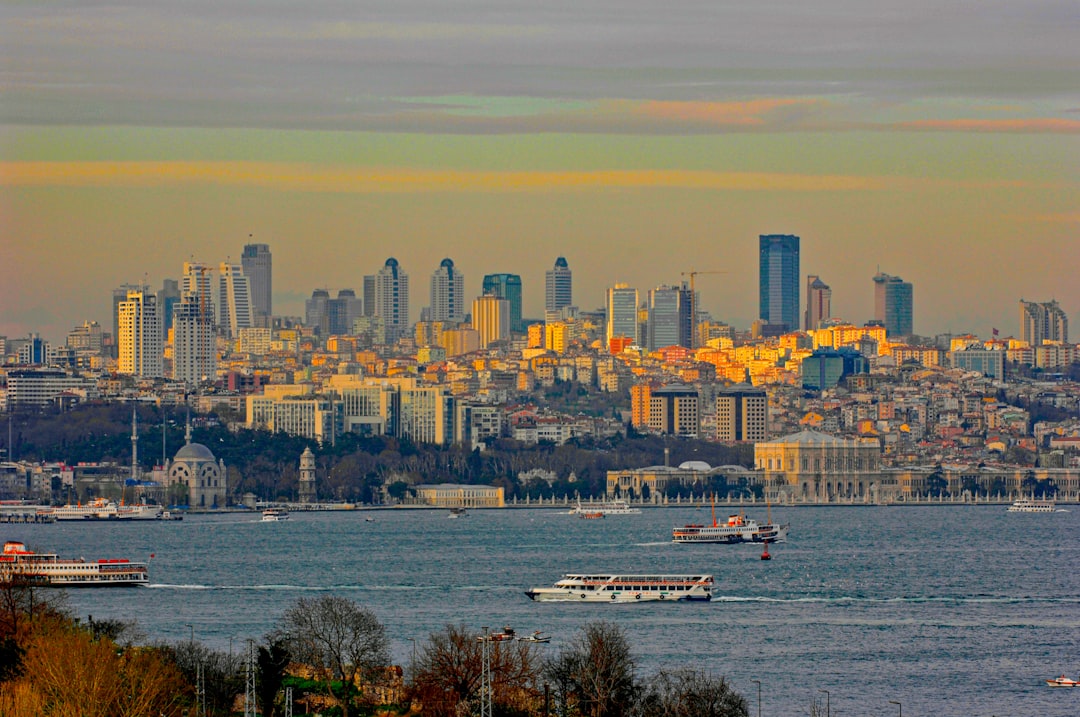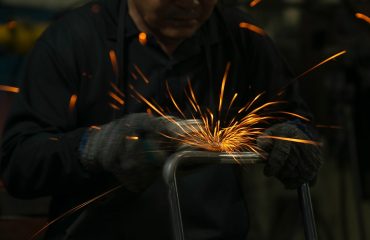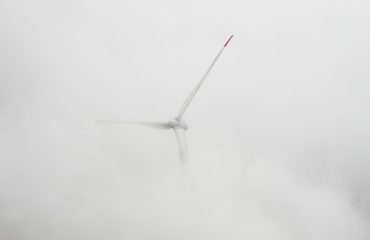Turkey’s steel industry has experienced remarkable growth in recent decades, transforming it into a significant player in the global steel market. This ascent is a testament to strategic investments, technological advancements, and a commitment to meeting international standards. This post delves into the factors contributing to Turkey’s steel success, exploring its strengths, challenges, and future prospects.
Turkey’s Steel Production Capacity and Capabilities
Turkey boasts a robust steel production infrastructure, with numerous integrated and mini-mills contributing to its substantial output. Major players like Erdemir, Kardemir, and Tosçelik have invested heavily in modernizing their facilities, incorporating advanced technologies like electric arc furnaces (EAFs) and continuous casting machines. This modernization has enhanced efficiency, improved product quality, and increased production capacity. The country’s access to raw materials, including iron ore and scrap metal, further supports its steel production capabilities. While relying on imported raw materials to some extent, Turkey’s strategic location facilitates efficient import and export logistics, contributing to its competitive edge.
Key Export Destinations and Market Share
Turkish steel enjoys a significant presence in various global markets. Major export destinations include the European Union, the Middle East, North Africa, and Central Asia. Turkey’s strategic geographic location acts as a bridge between Europe and Asia, facilitating access to these crucial markets. The country’s competitive pricing, coupled with the quality of its steel products, has enabled it to gain considerable market share in these regions. Furthermore, Turkey actively participates in international trade agreements and initiatives, further strengthening its position in the global steel landscape. The growth in construction and infrastructure projects across these regions has also fueled the demand for Turkish steel.
Competitive Advantages and Challenges Faced
Turkey’s competitive advantages stem from several factors. Its relatively low labor costs, combined with government support for the steel industry, contribute to its pricing competitiveness. Moreover, Turkey’s steel producers have focused on producing a diverse range of steel products, catering to various industry needs. This diversification mitigates risks associated with relying on a single product segment. However, the industry faces significant challenges. Global steel price volatility, fluctuations in raw material costs, and intense competition from other major steel-producing nations are constant hurdles. Environmental regulations and the need for sustainable practices also pose challenges that require ongoing investment and adaptation.
Technological Advancements and Future Innovations
The Turkish steel industry is actively embracing technological advancements to maintain its competitiveness. Investments in automation, robotics, and advanced manufacturing techniques are improving efficiency and product quality. Research and development efforts are focused on producing higher-strength, lighter-weight steels, catering to the growing demands of the automotive and construction industries. The adoption of Industry 4.0 principles, including digitalization and data analytics, is also transforming operational processes and optimizing production strategies. The focus on sustainability is driving innovation in areas such as reducing carbon emissions and developing more environmentally friendly steel production methods.
Government Policies and Industry Support
The Turkish government plays a crucial role in supporting the steel industry through various policies and initiatives. These include providing incentives for investment, facilitating access to finance, and promoting exports. The government’s focus on infrastructure development within the country also creates significant domestic demand for steel. However, maintaining a balance between supporting the industry and addressing global trade concerns remains a crucial aspect of government policy. Navigating international trade regulations and addressing potential trade disputes are ongoing considerations for the Turkish steel sector and its government partners.
In conclusion, the Turkish steel industry has demonstrated remarkable resilience and growth, solidifying its position as a key player in the global market. While challenges remain, the industry’s commitment to innovation, modernization, and strategic partnerships positions it for continued success in the years to come. The ongoing focus on sustainability and technological advancements will further enhance its competitiveness and ensure its long-term viability in a dynamic and ever-evolving global landscape.
Tags: Turkish steel, global steel market, steel exports, Turkish steel industry, steel production




